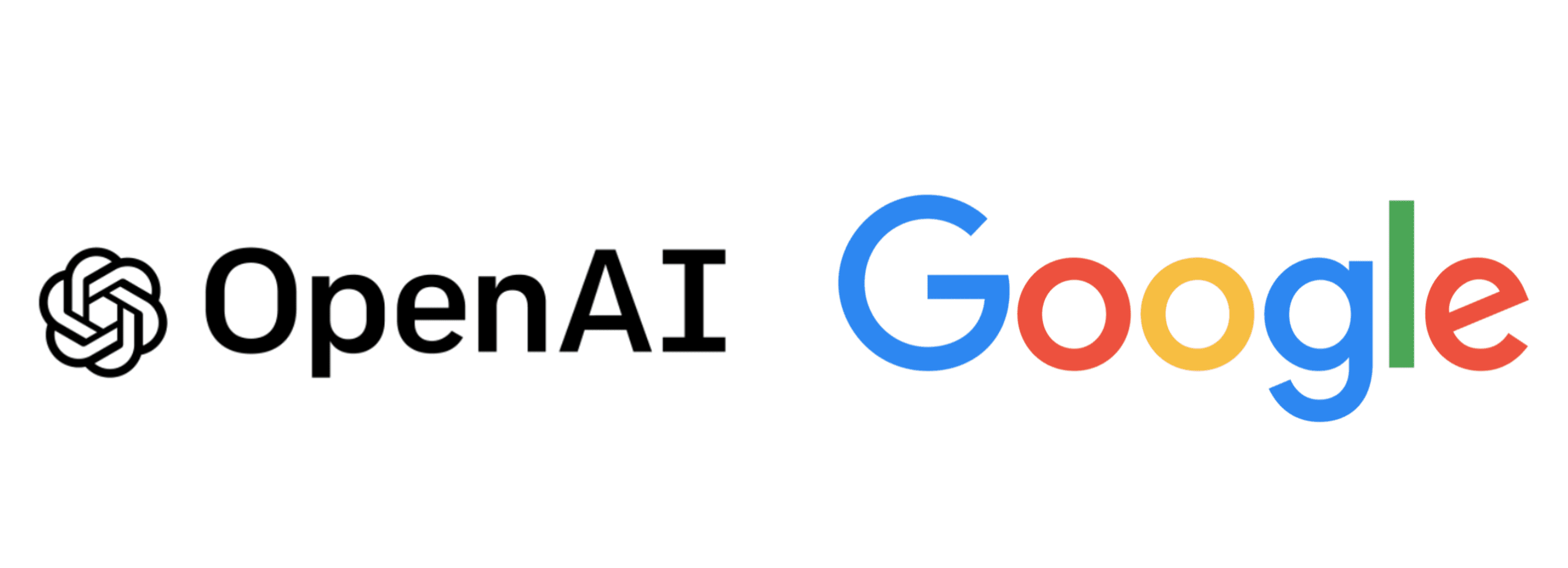Could a chatbot replace Google Search?
That’s what a lot of technology watchers are asking since the public release of ChatGPT, a chatbot powered by artificial intelligence.
ChatGPT is the product of OpenAI, the company that produced Dall-E, which uses AI to create images. ChatGPT is one of many chatbots designed to respond to queries from people by providing richer, more detailed, and more human-sounding answers than their predecessors.
ChatGPT caused a huge stir after OpenAI released a beta version to the public on November 30 so that people would use it and give feedback that will improve the chatbot. It proved to be so slick and so intelligent that OpenAI CEO Sam Altman said ChatGPT achieved one million users in less than a week after its public launch.
It didn’t take long for journalists and pundits to test how well the chatbot would respond to the kind of challenging questions that people ask via Google Search. After all, for the most part, Google answers questions by providing links to other sources of information. This requires the user to do more work by clicking through the links for more detail. But ChatCPGT responds with a single answer that synthesizes information. Writer Parmy Olson wrote on Bloomberg:
I went through my own Google search history over the past month and put 18 of my Google queries into ChatGPT, cataloguing the answers. I then went back and ran the queries through Google once more, to refresh my memory. The end result was, in my judgment, that ChapGPT’s answer was more useful than Google’s in 13 out of the 18 examples.
“Useful” is of course subjective. What do I mean by the term? In this case, answers that were clear and comprehensive. A query about whether condensed milk or evaporated milk was better for pumpkin pie during Thanksgiving sparked a detailed (if slightly verbose) answer from ChatGPT that explained how condensed milk would lead to a sweeter pie. (Naturally, that was superior.) Google mainly provided a list of links to recipes I’d have to click around, with no clear answer.
That underscores ChatGPT’s prime threat to Google down the line. It gives a single, immediate response that requires no further scanning of other websites. In Silicon Valley speak, that is a “frictionless” experience, something of a holy grail when online consumers overwhelmingly favor services that are quick and easy to use.
But, wait a minute.
Doesn’t Google also have a chatbot? Yes, it does.
The Google LaMDA chatbot does what ChatGPT does. But Google isn’t going to release that for the public to toy with largely because Google doesn’t roll that way. LaMDA is in R&D mode, and, as such, it makes mistakes. If Google were release a mistake-prone bot to the public, Google could undermine its own credibility.
OpenAI does not have this problem. The company’s model is to test and learn publicly. OpenAI is willing to generate street cred by getting to market faster than Google.
And to be clear: ChatGPT makes mistakes and fabricates answers. It’s also under fire for providing biased information. But OpenAI released the tool publicly to unearth these problems in order to fix them, and no doubt ChatGPT will get better.
But Google has another problem: how does a chat interface get monetized? As writer Alex Kantrowitz wrote,
Even if chatbots were to fix their accuracy issues, Google would still have a business-model problem to contend with. The company makes money when people click ads next to search results, and it’s awkward to fit ads into conversational replies. Imagine receiving a response and then immediately getting pitched to go somewhere else—it feels slimy and unhelpful. Google thus has little incentive to move us beyond traditional search, at least not in a paradigm-shifting way, until it figures out how to make the money aspect work. In the meantime, it’ll stick with the less impressive Google Assistant.
The fact that Google is even developing a chatbot demonstrates that the company is looking beyond the current search interface. ChatGPT won’t “beat” Google. But it will likely accelerate Google’s embrace of chat as a search interface.
But how should businesses respond to all this?
- First off, experiment with ChatGPT (or the chatbot of your choice). Understand how they work. Get comfortable with the conversational way that ChatGPT answers questions. If you’ve invested in voice search, you are probably doing this already. How might this conversational format affect your own approach to online advertising?
- But don’t change how you do business. ChatGPT is fraught with many other issues such as potential copyright infringement. It’s not ready for prime time by any stretch.
The headline is this: if you’re all in with Google as an advertising platform, ChatGPT shouldn’t change your budget for 2023. But do spend time with it while you can do so for free. The time will likely come soon when OpenAI will turn ChatGPT into a commercial tool,
Contact True Interactive
To succeed with online advertising, contact True Interactive. Read about some of our client work here.
